Trading: it’s time for investors to dump Match.com
The dating group is grappling with regulators and looks absurdly expensive.


Get the latest financial news, insights and expert analysis from our award-winning MoneyWeek team, to help you understand what really matters when it comes to your finances.
You are now subscribed
Your newsletter sign-up was successful
Want to add more newsletters?

Twice daily
MoneyWeek
Get the latest financial news, insights and expert analysis from our award-winning MoneyWeek team, to help you understand what really matters when it comes to your finances.

Four times a week
Look After My Bills
Sign up to our free money-saving newsletter, filled with the latest news and expert advice to help you find the best tips and deals for managing your bills. Start saving today!
Since the US stockmarket collapsed two months ago, it has enjoyed a massive rally, with the benchmark S&P 500 index gaining 30% from the trough. As a result, shares in many companies are now trading close to their pre-crisis highs. One of these is Match Group (Nasdaq: MTCH), which owns a portfolio of dating websites, notably Tinder and Match.com. The stock has rallied by 70% and is now nearly 25% above its level in early March and a mere 15% below January’s record peak. Yet the company has been beset by regulatory and structural difficulties.
Some of the regulatory ones are relatively minor. They include claims that it didn’t follow proper guidelines when sharing users’ data with third parties. However, others appear much more serious and could threaten Match’s “freemium” business model. For the past three years the US Federal Trade Commission (FTC) has been investigating allegations that Match.com has knowingly turned a blind eye to scammers contacting members of the free service, because it knows that they play a large role in getting irritated users to upgrade to the paid version.
See you in court
After talks between the FTC and Match over a settlement broke down last summer, the FTC said that it would sue Match, while the Department of Justice has announced an investigation. These lawsuits risk drawing Match into a protracted legal battle that could prove expensive as well as damaging to Match’s reputation. Match.com may ultimately be forced to make changes to the way it operates, which could hamper its ability to convert users of its free services into paying customers.
MoneyWeek
Subscribe to MoneyWeek today and get your first six magazine issues absolutely FREE

Sign up to Money Morning
Don't miss the latest investment and personal finances news, market analysis, plus money-saving tips with our free twice-daily newsletter
Don't miss the latest investment and personal finances news, market analysis, plus money-saving tips with our free twice-daily newsletter
Meanwhile there is evidence that the Match Group’s year-on-year revenue growth is starting to slow drastically, falling from around 18% between 2014 and 2019 to single digits in the last month. It is now increasingly depending on Tinder to fuel future expansion, with growth in the rest of the company broadly flat.
Some of this may be temporary: lockdowns and social distancing mean people are unwilling to spend money on dating services when they can’t meet people in person. But there is also growing evidence that Match’s core North American market has reached saturation point, with even Tinder peaking.
And there is another sign that Match’s prospects may be less rosy that they appear. Its major shareholder, holding company InterActiveCorp, announced a few months ago that it would cut its ties with Match. As a result the dating group’s debt will increase substantially.
Given all this, its valuation of 33 times 2021 earnings and 6.7 times 2021 sales is excessive. Consider shorting it at the current price of $80, for £45 per $1. I suggest you cover your position if it goes above $102, well above its all-time high, giving you a potential downside of £990.
Get the latest financial news, insights and expert analysis from our award-winning MoneyWeek team, to help you understand what really matters when it comes to your finances.

-
 Can mining stocks deliver golden gains?
Can mining stocks deliver golden gains?With gold and silver prices having outperformed the stock markets last year, mining stocks can be an effective, if volatile, means of gaining exposure
-
 8 ways the ‘sandwich generation’ can protect wealth
8 ways the ‘sandwich generation’ can protect wealthPeople squeezed between caring for ageing parents and adult children or younger grandchildren – known as the ‘sandwich generation’ – are at risk of neglecting their own financial planning. Here’s how to protect yourself and your loved ones’ wealth.
-
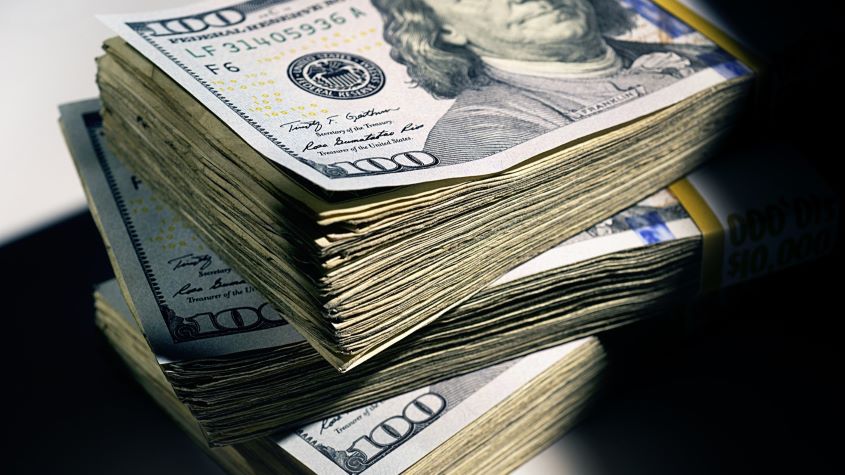 Why you should keep an eye on the US dollar, the most important price in the world
Why you should keep an eye on the US dollar, the most important price in the worldAdvice The US dollar is the most important asset in the world, dictating the prices of vital commodities. Where it goes next will determine the outlook for the global economy says Dominic Frisby.
-
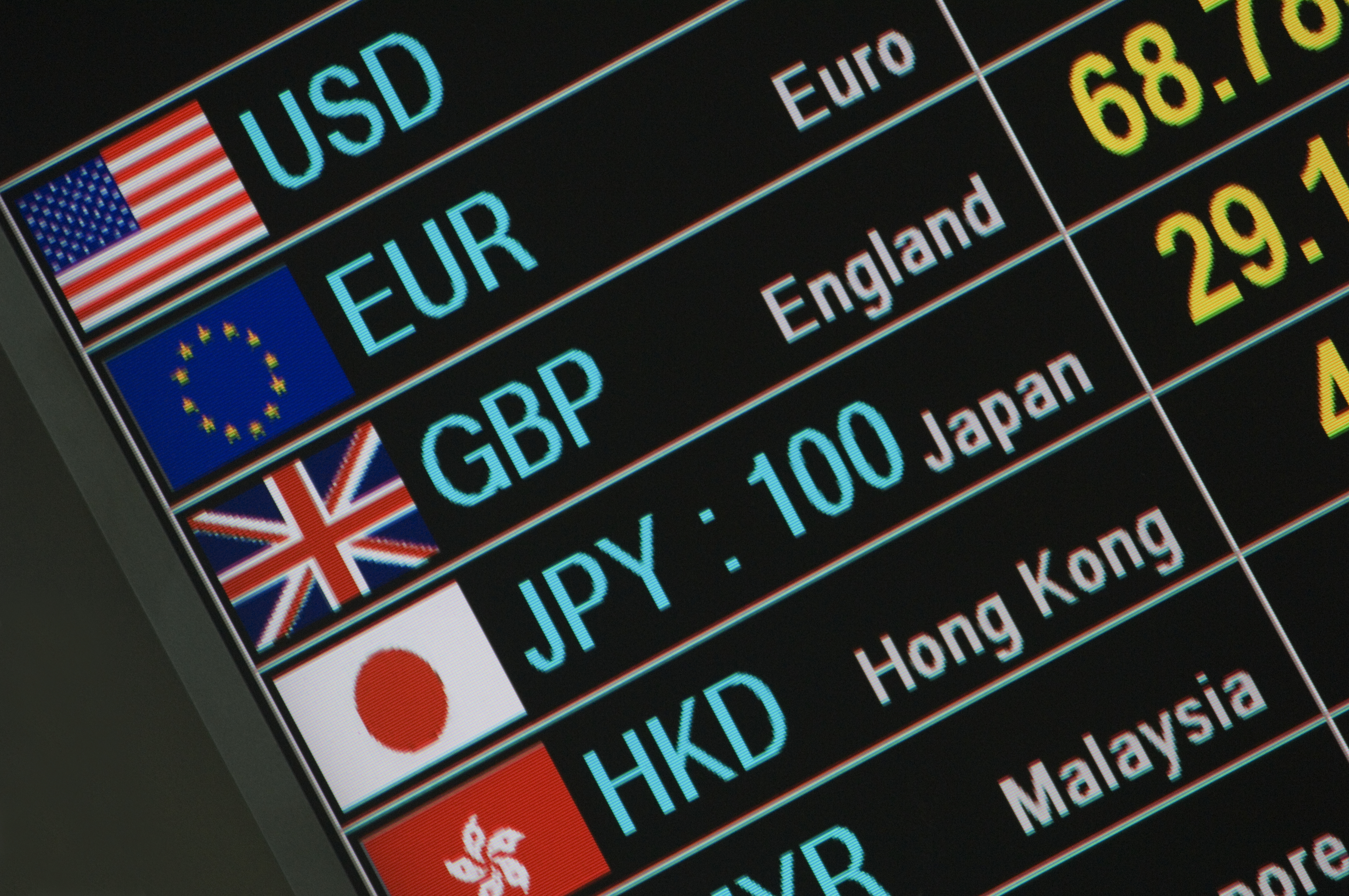 What is FX trading?
What is FX trading?What is FX trading and can you make money from it? We explain how foreign exchange trading works and the risks
-
 The Burberry share price looks like a good bet
The Burberry share price looks like a good betTips The Burberry share price could be on the verge of a major upswing as the firm’s profits return to growth.
-
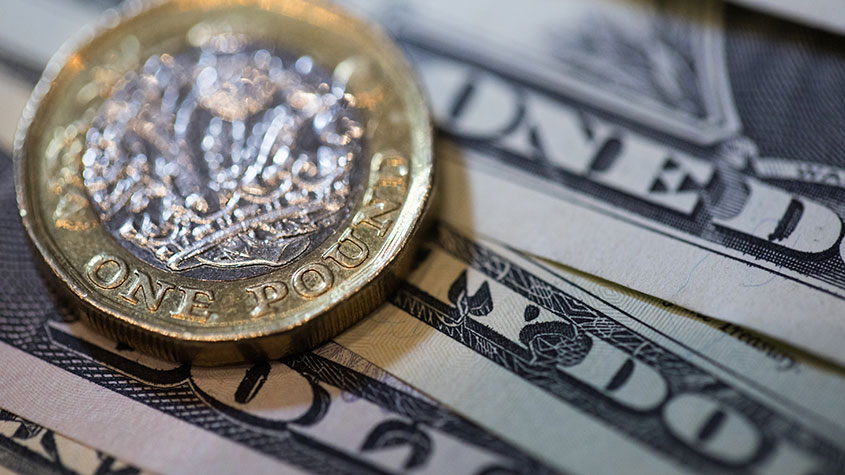 Sterling accelerates its recovery after chancellor’s U-turn on taxes
Sterling accelerates its recovery after chancellor’s U-turn on taxesNews The pound has recovered after Kwasi Kwarteng U-turned on abolishing the top rate of income tax. Saloni Sardana explains what's going on..
-
 Why you should short this satellite broadband company
Why you should short this satellite broadband companyTips With an ill-considered business plan, satellite broadband company AST SpaceMobile is doomed to failure, says Matthew Partridge. Here's how to short the stock.
-
 It’s time to sell this stock
It’s time to sell this stockTips Digital Realty’s data-storage business model is moribund, consumed by the rise of cloud computing. Here's how you could short the shares, says Matthew Partridge.
-
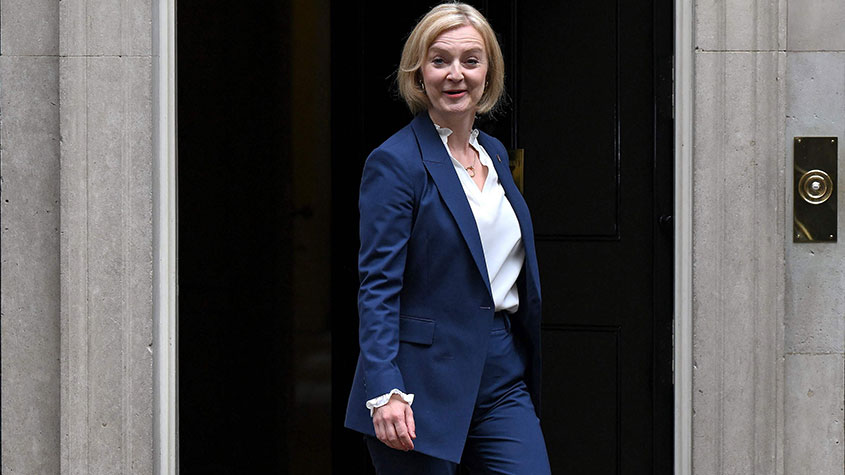 Will Liz Truss as PM mark a turning point for the pound?
Will Liz Truss as PM mark a turning point for the pound?Analysis The pound is at its lowest since 1985. But a new government often markets a turning point, says Dominic Frisby. Here, he looks at where sterling might go from here.
-
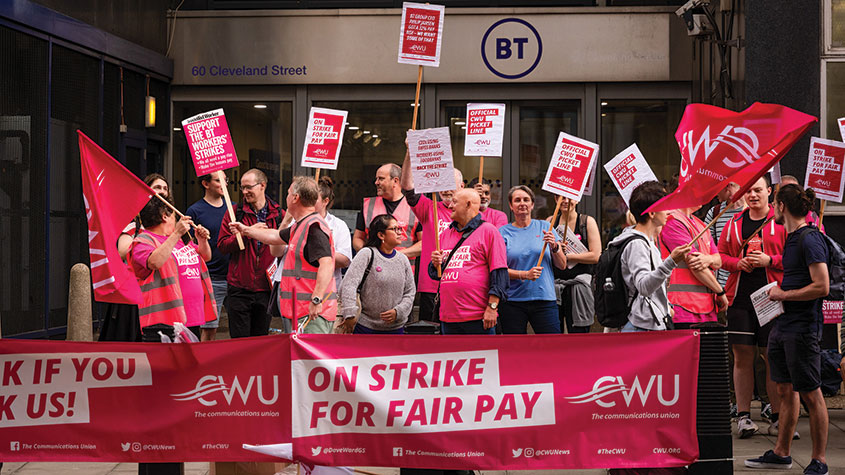 Are we heading for a sterling crisis?
Are we heading for a sterling crisis?News The pound sliding against the dollar and the euro is symbolic of the UK's economic weakness and a sign that overseas investors losing confidence in the country.